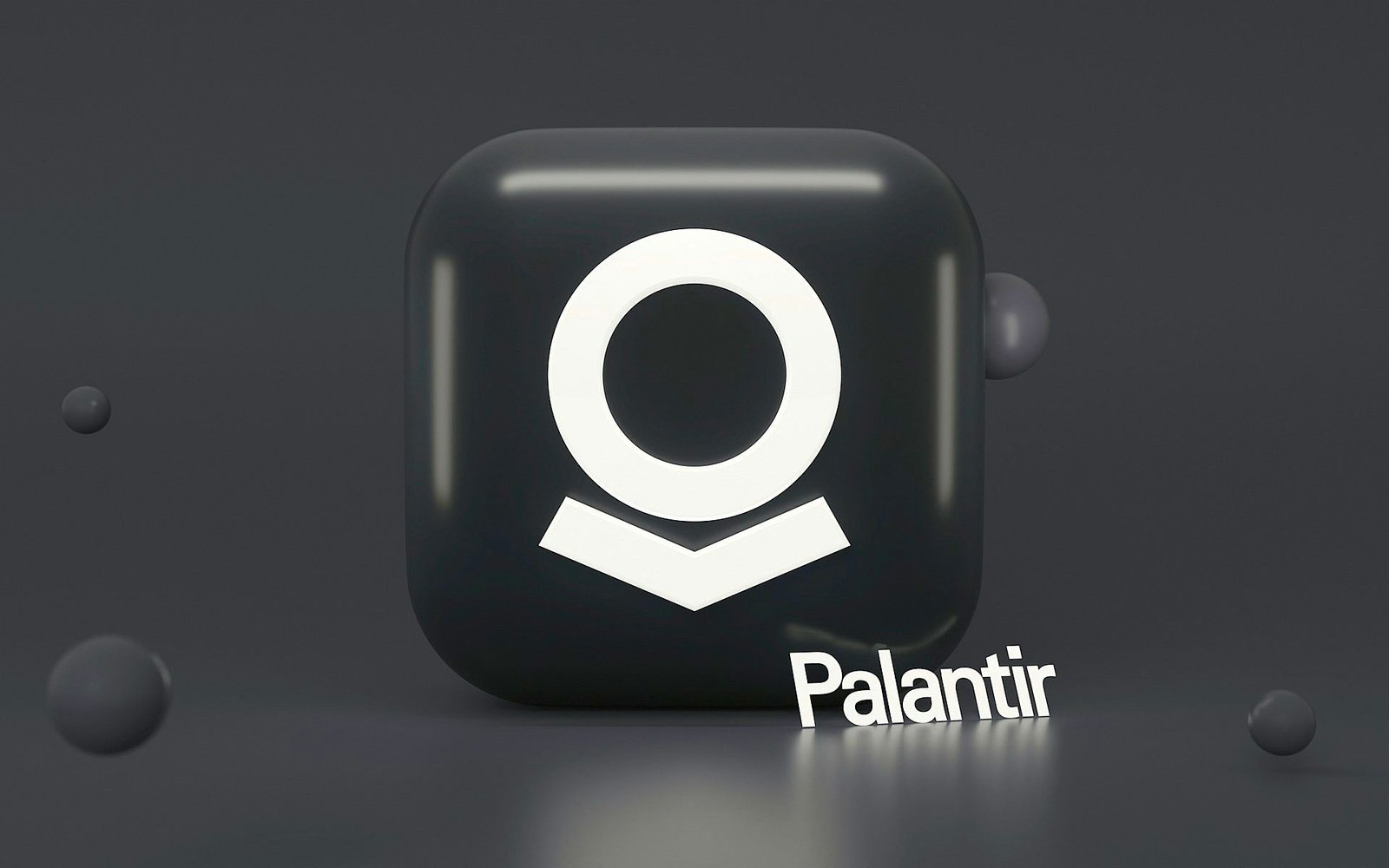AI-Generated Image. Can AI Cure Cancer? by Tech Is The Culture
The Silicon Savior, Or Is It Just Sci-Fi Hype?
Let’s get one thing straight: AI isn’t sipping espresso in a lab coat, muttering “Eureka!” over a petri dish. But if you’ve scrolled through LinkedIn lately, you’d think it’s already cured baldness, written a Grammy-winning ballad, and solved climate change. So, the burning question is can AI cure cancer? To answer that let’s separate the machine learning from the machine dreaming.
Can The AI Detective Catch Cancer Before It Parties Too Hard?
Cancer’s a sneaky little gremlin. By the time symptoms appear, it’s often already redecorating your organs with metastatic confetti. Enter AI, the ultimate sleuth. Imagine Sherlock Holmes, but with better PR and fewer deerstalker hats.
Take liquid biopsies, for example. Instead of invasive tissue sampling, AI analyzes circulating tumor DNA in blood to spot cancer’s molecular fingerprints like finding a needle in a haystack, if the needle were also actively hiding. A recent study boasted a model that detected cancer with 91-98% sensitivity by integrating genomic and epigenomic data, leaving older methods in the dust.
Then there’s AlphaMissense, a deep learning tool built on AlphaFold’s protein-predicting prowess. It classifies missense mutations (the genetic typos linked to cancer) with unsettling accuracy. Think of it as a spellchecker for your DNA. Meanwhile, AI models like KUNGFU.AI’s mammogram analyzer predicts breast cancer risk five years in advance, long before tumors throw their first cellular rave.
But here’s the kicker: AI doesn’t just spot cancer. It predicts it. Researchers trained models on millions of patient records to flag high-risk individuals for pancreatic cancer using symptoms as vague as “mild back pain” or “random fatigue.” Take that, WebMD!
We Need Personalized Medicine Because One-Size-Fits-All Is So 2010
If cancer treatment were Tinder, AI would be the ultimate matchmaker. Traditional chemo is like swiping right on everyone and hoping for a miracle. AI? It’s crafting bespoke dating profiles based on your genome, lifestyle, and that time you ate suspicious gas station sushi.
For instance, SCORPIO, an AI tool developed at Mount Sinai, predicts how patients will respond to immunotherapy, a treatment that either melts tumors or does nada. By analyzing routine blood tests and medical records, SCORPIO outperformed FDA-approved biomarkers, proving that sometimes, less Jurassic Park and more Moneyball is what we need.
And let’s not forget CHARMed surgeons (yes, that’s the actual acronym). This AI helps neurosurgeons decide resection margins in real-time during brain tumor operations. It’s like Waze for tumor removal: “Recalculating… turn left at the hippocampus!”
Can AI Cure Cancer By Discovering New Drugs?
Developing cancer drugs traditionally takes decades and costs more than a SpaceX launch. But here comes AI. It’s the overcaffeinated intern crunching data at warp speed. Tools like AlphaFold2 predict protein structures, accelerating drug target identification. Meanwhile, AI sifts through clinical trials to repurpose existing meds, like finding a forgotten $20 bill in your winter coat.
At a BioML Hackathon, teams used AI to design 12,000 novel proteins for T-cell therapy. Results? Pending, but optimism is higher than a Silicon Valley VC’s espresso budget.
The Elephant in the Server Room (Bias, Privacy, and Robot Lawyers)
AI’s not all sunshine and nanobots. Data privacy is a minefield. Your genomic data could end up in an insurance company’s hands faster than you can say “pre-existing condition.” Then there’s bias: If AI trains on homogenous datasets, it’ll treat diverse populations like a glitchy GPS “Recalculating… error: patient not found.”
And who’s liable when AI screws up? If a robot misdiagnoses your tumor, do you sue the algorithm, the hospital, or Skynet? Lawyers are salivating over this one.
Why Doctors Aren’t Going Extinct (Is It Because We Crave The Human Touch?)
AI might be the flashy new scalpel, but doctors remain the steady hands. A Moffitt Cancer Center study found that AI improves decision consistency in radiotherapy but docs still overruled it when their gut (or a patient’s unique needs) said otherwise. As Dr. Issam El Naqa put it, “AI offers insights; humans offer judgment.”
Even Stanford’s colocatome project, a spatial map of tumor ecosystems, relies on AI to decode cell interactions. But as lead researcher Sylvia Plevritis notes, “Cancer cells need help to survive… it’s a whole ecosystem.” Spoiler: Ecosystems are messy. AI helps, but it’s no Bear Grylls.
So… Can AI Cure Cancer?
Here’s the tea: AI isn’t a magic wand, but it’s a damn good multitool. It’s accelerating detection, personalizing treatments, and turbocharging research. Curing all cancers? Maybe not yet. But turning terminal diagnoses into manageable chronic diseases? That’s already happening.
As pharmacist-turned-entrepreneur Max Votek quipped, “We’re closer than ever… but Hollywood’s robot overlords? Still fiction.” So, while AI won’t cure cancer by next Tuesday, it’s giving us something better: hope with a side of silicon sass.
Got questions? So do we. But for now, cheers to AI the lab partner that never sleeps, complains about cafeteria food, or hogs the centrifuge.
Let us know your thoughts on the subject at techistheculture.bsky.social. Keep ahead of the game with our newsletter & the latest tech news.
Disclaimer: This article may contain some AI-generated content that might include inaccuracies. Learn more [here].



